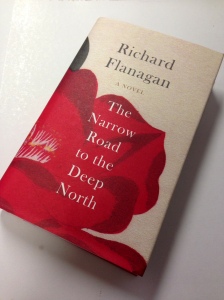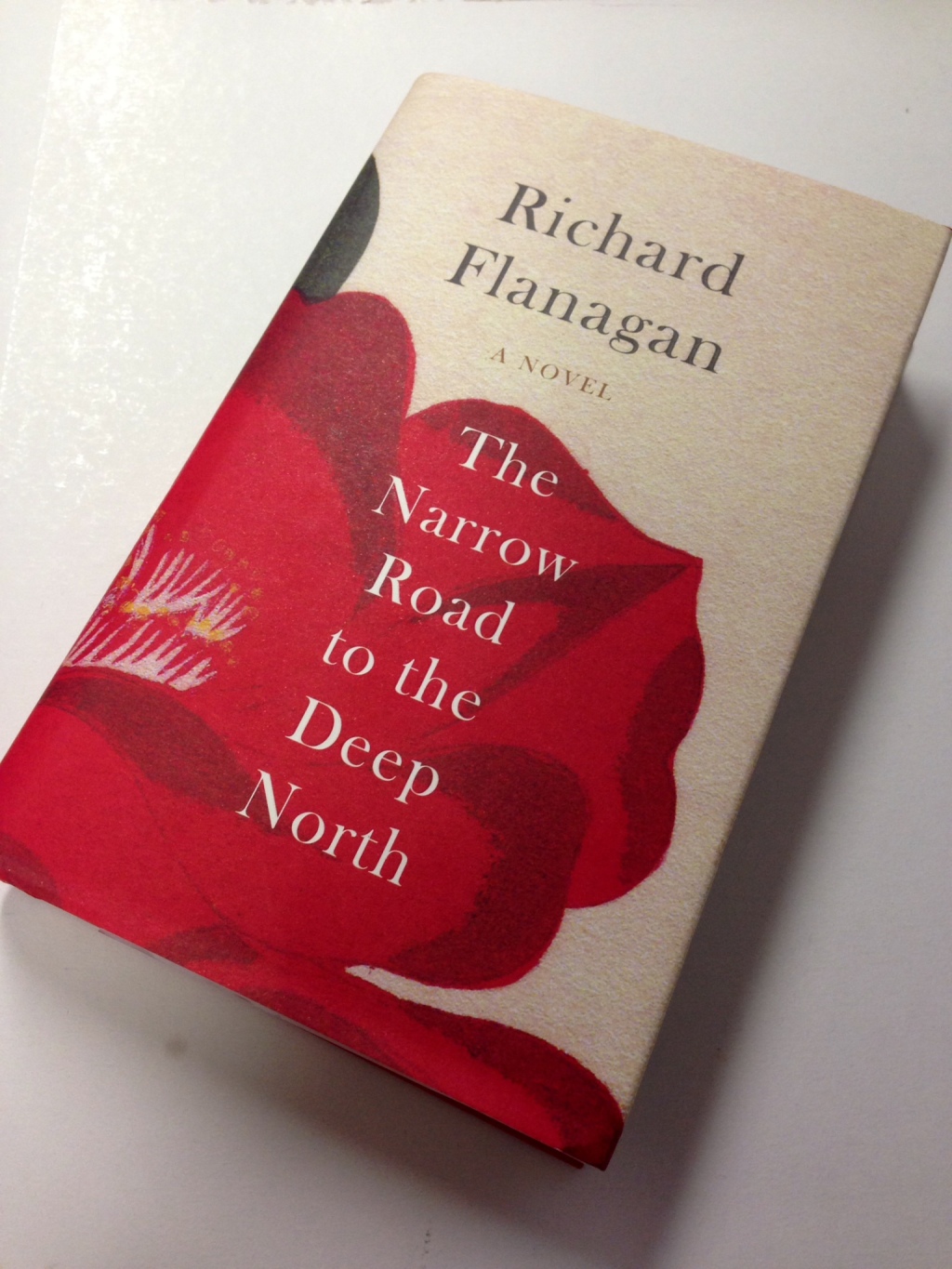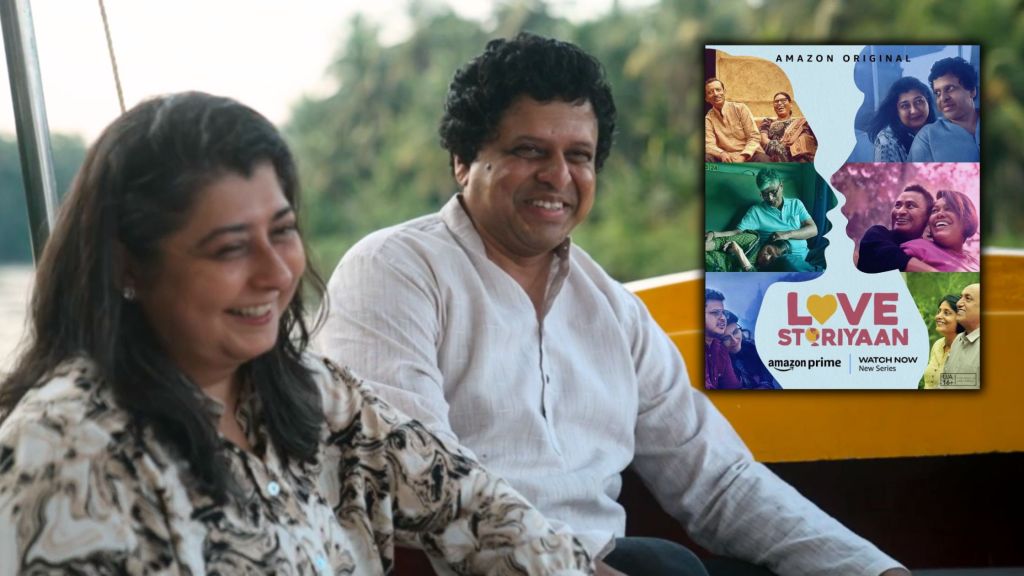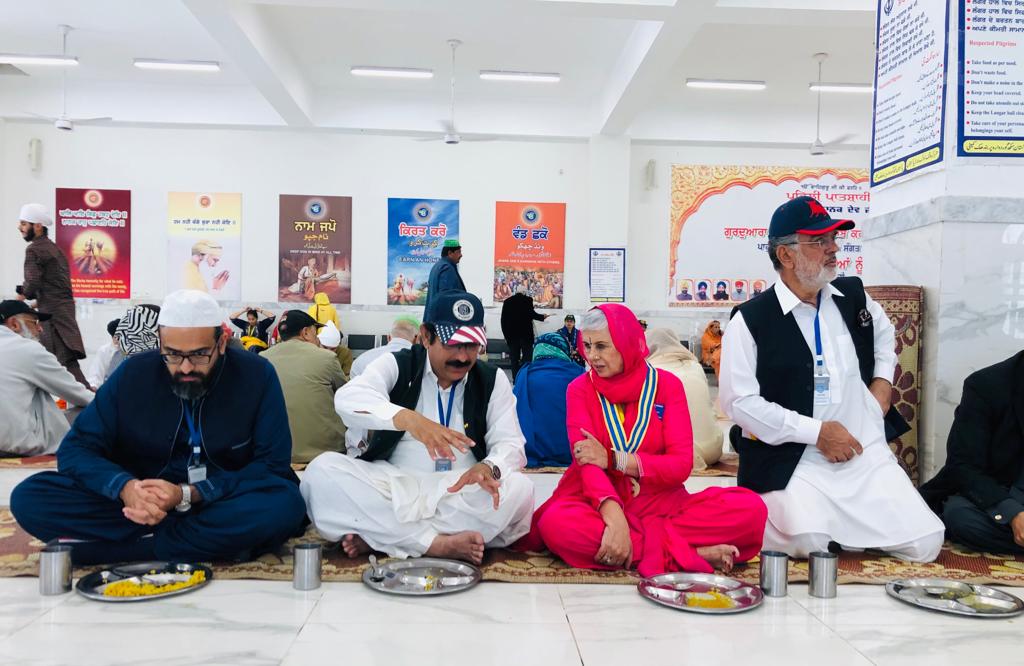Author: Richard Flanagan
(Fiction, 448 pages, Chatto & Windus / Random House)
Japan is the flavour of the day, what with Indian Prime Minister Narendra Modi proclaiming an economic victory of sorts after his first trip to Tokyo to meet counterpart Shinzo Abe. It also promises to be the literary flavour of the month with the Indian release of Richard Flanagan’s novel The Narrow Road to the Deep North, following its long-listing for the 2014 Man Booker prize.
The award-winning Australian novelist appears to have chosen a topic rather raw and personal in the writing of his book. His father was a survivor of the Burma Death Railway – which plays the backdrop for the action in the book – and is said to have passed away the day Flanagan completed writing this novel.
Set during World War II, the plot centres around a group of Australian Prisoners of War (POWs) who are put to work on the Burma-Siam Railway, called simply the ‘Line’ by the hapless slaves of the Japanese Imperial Army. The protagonist Dorrigo Evans is an Australian surgeon whose job of tending to POWs grows increasingly pointless as they die by the dozen of cholera, dysentery, ulcers, starvation and countless perverse beatings by the Japanese. (Historical fact: In all, 2,815 Australians died during the making of the Line, out of a total of over 1,02,000 deaths of POWs, mostly from Indonesia but also from Asia, Netherlands, US, India, New Zealand and Canada, besides Australia. The Line was closed two years after Japan’s 1945 surrender.)
Dorrigo is haunted not only by the misery, cruelty and treacherous conditions at the POW camp but also by memories of his paramour, his uncle’s wife Amy. Their fleeting affair – squeezed between his days off in the army, her husband’s routine, his fiancé’s attentions – grows larger than life in his imagination while he is enslaved, possessing him, the only spark of light in a doomed man’s existence.
But the book is far more than Dorrigo’s own travails, survival and eventual accolades. It’s also about the thoughts, actions and distractions of several other POWs who are incarcerated with him. The anger, hatred, compassion, hope and despair the characters go through every day, every minute, is painful to say the least – we guarantee you’ll gag at a graphic description of an amputation gone wrong – but in Flanagan’s writing, there is a sense of nobility in it. There is a sense of shared suffering and an entire planet’s complicity in the inflicting of it. There is responsibility, not blame.
Unlike other war-time novels, Flanagan doesn’t stop at character sketches of the prisoners; he also goes into the minds of the enemy. In his descriptions of the Japanese officers, in his fleshing out of their compulsions and cruelties, it appears as if Flanagan is being driven by a very personal need to know why humans go to such a barbarous extent. What makes such monsters out of men? What makes an ordinary person commit unspeakable demoniac atrocities out of an intangible sense of honour or national pride? They also have families. They have their loves and weaknesses. They have their poetry. Then why?
Even in Kyoto
when I hear the cuckoo
I long for Kyoto.
The book is interspersed with haiku such as this by Basso and Issa; its title is inspired by the title of a Basso haibun The Narrow Road to the Deep North. The stark incongruity of philosophical verse being spouted through the mouths of murderers is unnerving, and yet it makes a strange sort of sense. Even murderers know beauty.
The book follows the lives of the Australian POWs and Japanese officers well after the Second World War, offering a subtle commentary on self-serving US-Japanese relations and global politics. It also follows the life and world of Dorrigo and Amy, each thought stretched out like a Siamese forest, lush in the flora of introspection, desire, fear and fantasy. There are surprise turns – the sudden introduction and subsequent life stories of new characters introduced towards the end. It is as if Flanagan did not plan this book. It happened to him.
The lasting legacy of the book isn’t the attempt at an accurate description of an inane war. Nor is it even Flanagan’s masterful writing with its profoundly casual details and startling twists in the tale. It is the poetry that stands out in all the madness and mayhem, the art in all the death and gore, the beauty that manages to live despite the destruction and insanity. Dorrigo’s favourite lines from Tennyson’s Ulysses linger on in your mind much after the book ends:
The long day wanes: the slow moon climbs: the deep
Moans round with many voices. Come, my friends,
’Tis not too late to seek a newer world.
——

First published on TheNewsMinute.com









Leave a comment